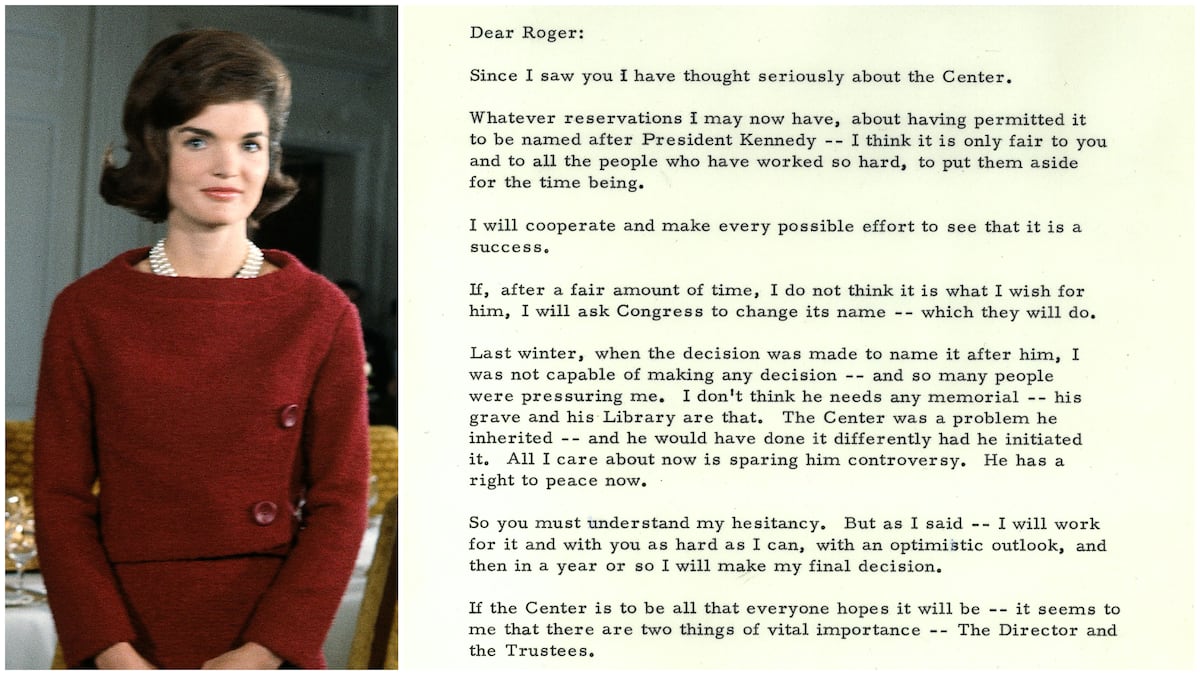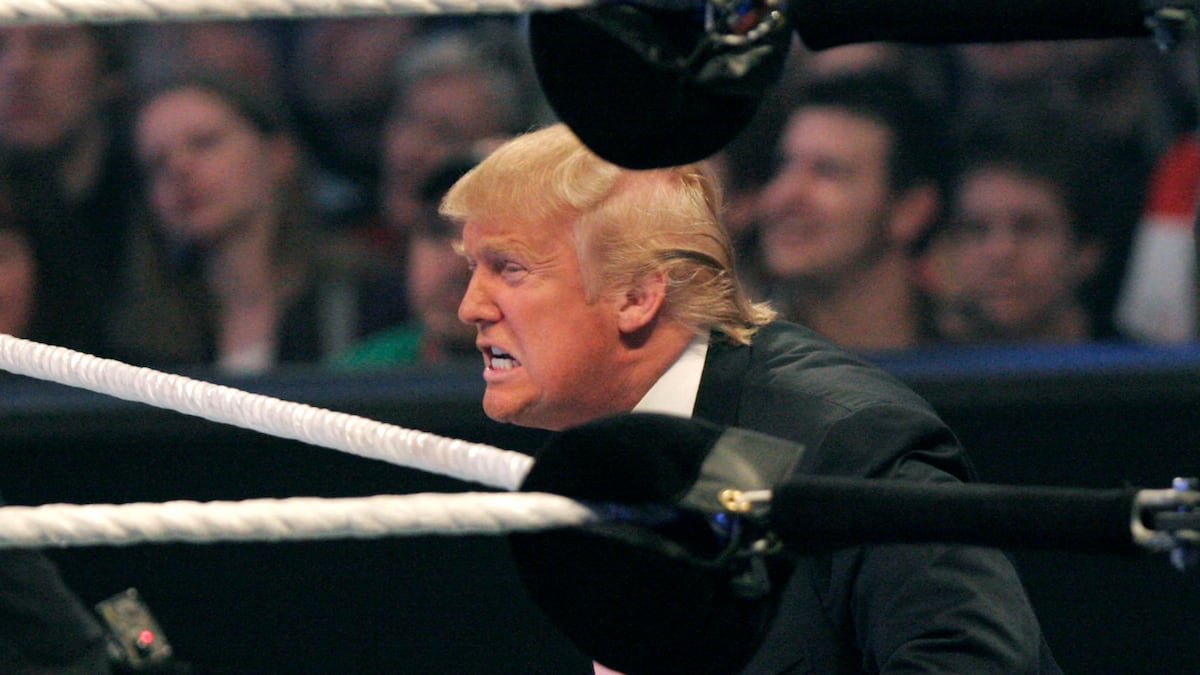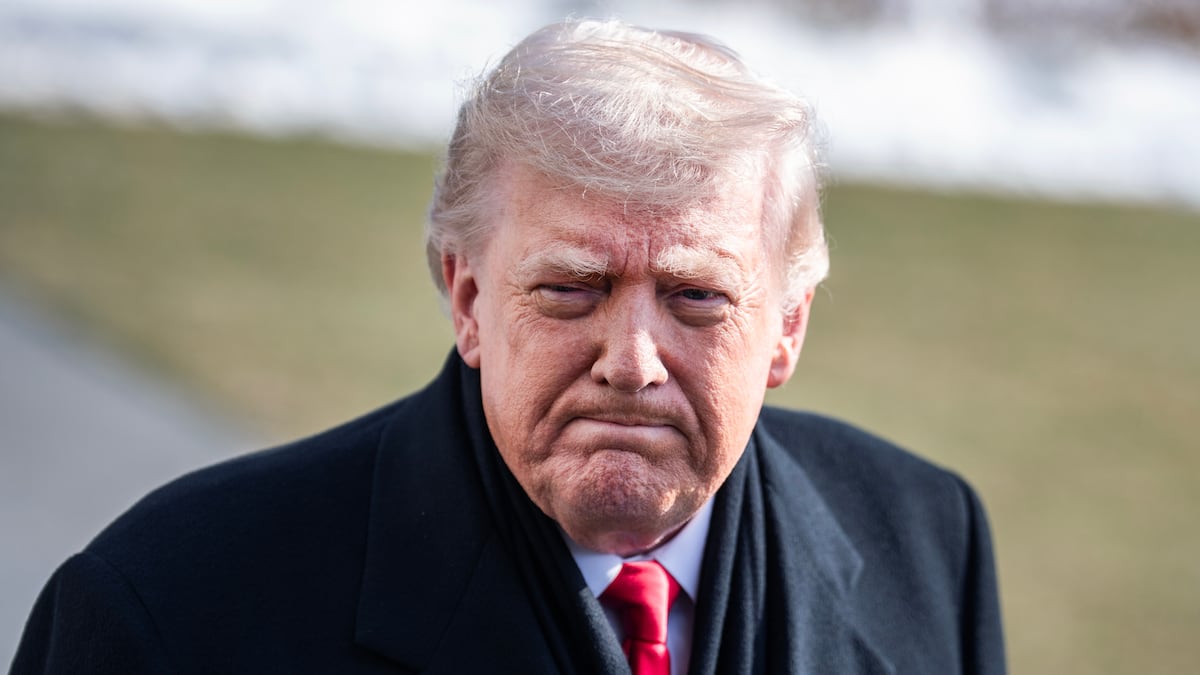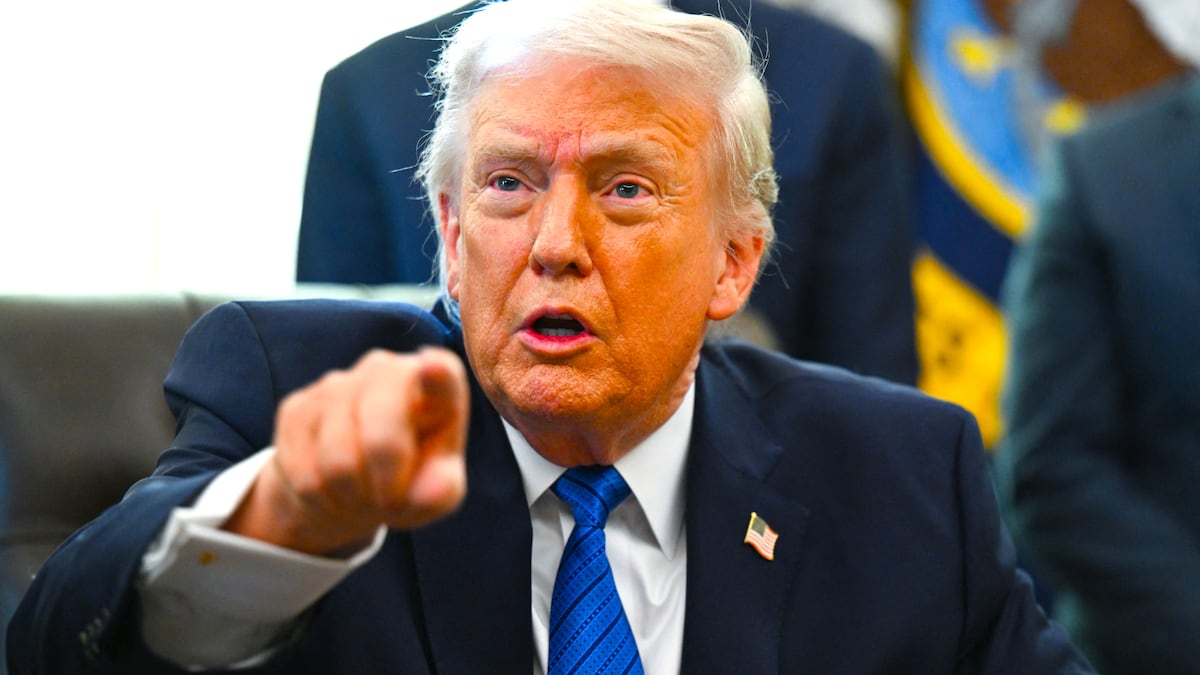The House voted on Tuesday to release the full Jeffrey Epstein files after months of delays and pushback from Republican leaders.
Just one lawmaker voted to keep the files secret—Republican Rep. Clay Higgins.
The final vote was 427—1.
Higgins wrote in a post explaining his lone “no” vote that the bill “abandons 250 years of criminal justice procedure.”

“As written, this bill reveals and injures thousands of innocent people—witnesses, people who provided alibis, family members, etc,” Higgins wrote on X. “If enacted in its current form, this type of broad reveal of criminal investigative files, released to a rabid media, will absolutely result in innocent people being hurt.”
Higgins represents Louisiana’s 3rd congressional district. He was first elected to the House in 2016 and is a member of the conservative House Freedom Caucus.
Before being elected to Congress, the far-right lawmaker served in the Army and was a law enforcement officer. He still holds an active commission in Louisiana and currently serves as chair of the Federal Law Enforcement Subcommittee.
Higgins argued the House Oversight Committee was already conducting an investigation and will continue to do so.
He wrote that if the Senate amends the bill to “properly address privacy of victims and other Americans” he would vote for it.
His concerns were similar to those expressed by House Speaker Mike Johnson who warned on Tuesday the bill could lead to some innocent people being swept up. But Johnson still voted for it anyway after President Donald Trump signaled his own support over the weekend.

Despite the long drawn out saga and overwhelming vote, the effort to release the files is far from over.
In the end, a bipartisan group of House members had to use a discharge petition to force the vote because Johnson refused to bring the bipartisan bill to the floor.
The vote happened after a dramatic reversal from Trump. For months, the president had been frantically trying to prevent it and attacking the effort only to cave and suddenly say he supported Republicans voting for the bill once it appeared to be inevitable.
Even before Trump’s sharp U-turn, a significant number of Republican lawmakers appeared ready to buck Trump and said they would vote for the legislation.
It was a rare moment to see Trump cave to the demand to release the files as the pressure for the documents to become public has launched a MAGA civil war and threatened to rip his base apart.
Critics have pointed out that Trump could have ordered the release of the files long ago without Congress ever having to go through the process with a discharge petition eventually forcing the House vote against the wishes of House GOP leadership.
The president had said he would release the documents during the 2024 campaign but then quickly reversed course with the Justice Department in July stating in a memo there would be no further files released and there was no client list.

Since then, there has been a slow drip of damaging information about what is in the files as well as about Trump’s relationship with Epstein which has sparked chaos within the administration. The president repeatedly called it all a hoax by the Democrats.
But on Monday, Trump said he would sign the legislation should it reach his desk while also blasting the entire thing as a distraction.
The legislation now heads to the Senate where it is unclear how it will proceed. Democratic Senator Jeff Merkley has already introduced corresponding legislation in the chamber.
“I don’t want the DC swamp playing any games. They need to pass this in the Senate,” said Democratic Rep. Ro Khanna on Tuesday. “They should not amend it. President Trump has said he would sign the Epstein Transparency Act.”
Khanna along with Republican Rep. Thomas Massie introduced the legislation in the House and collected signatures for the discharge petition.
They’ve rejected the criticism of Johnson that the bill does not do enough to protect the Epstein victims.
“That’s been a red herring all along. The survivors have always been in favor of this legislation, and there’s a provision in there, you could read, if you would just read it, that protects them,” Massie said.
He warned if there were changes made to the bill in the Senate, the House would have to vote on it again.
“Justice delayed is just justice denied. It could be just another delay tactic,” Massie said.
He made the remark at a press conference while surrounded by Epstein survivors who had been calling for the bill to pass.
The Kentucky lawmaker said he believes Johnson wants to save face as he was suddenly voting for a piece of legislation that he had “disparaged for four months.”
However, Johnson said he had spoken with Majority Leader John Thune about his concerns with the bill and that he was confident it would be amended should it be taken up in the Senate.








